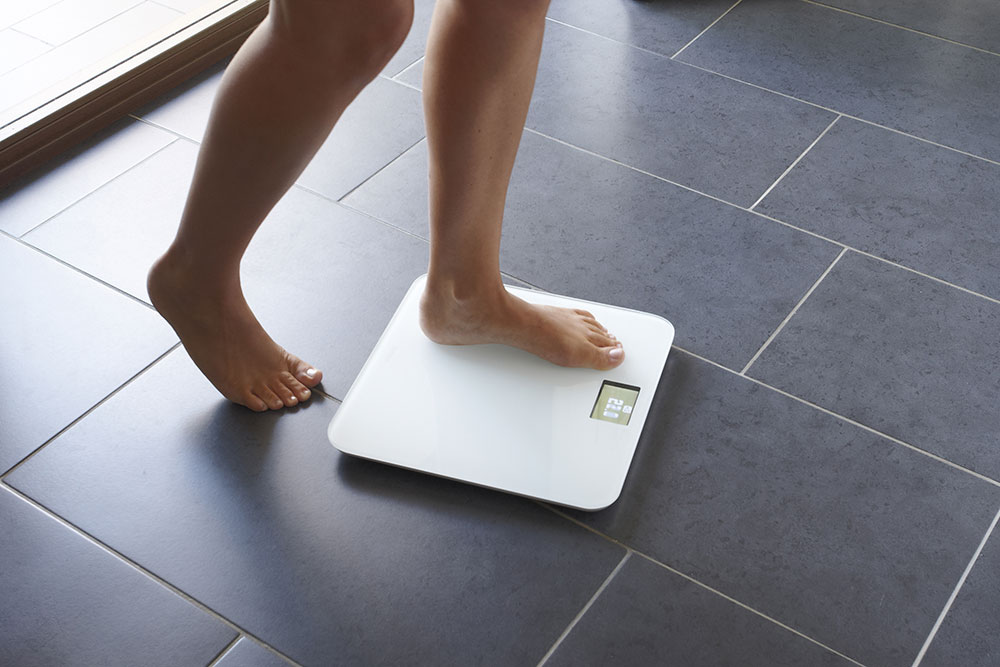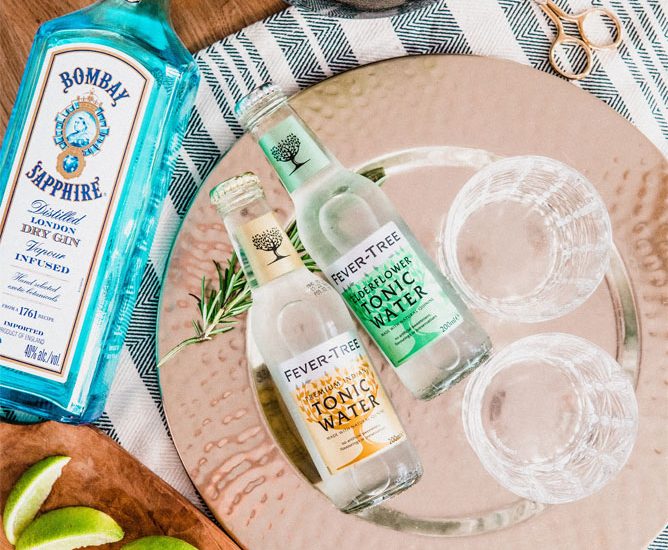Recent researchcommissioned by LighterLife revealed just 30% of UK women were happy with how their bodies looked with only 1-in-10 loving how they look in their underwear. To help boost the nations confidence, self-esteem and assertiveness, LighterLife partnered with Psychologist and Relationship Expert Dr Becky Spelman. Here, Dr Becky shares her top five tips on how to boost your body confidence
Self Talk
We’re so self-critical in popular culture, if we can’t be kind to ourselves, how do we expect to build our body confidence? Dr Becky suggests changing the way you talk to yourself by altering the narrative from what you don’t necessarily like to what you know others like about you.
“If we’re telling ourselves we’re disgusted by the way we look or ashamed or ugly then we start believe it. The way our mental filter works is that we look out for what we believe. We look for evidence that confirms that belief, so if we think that our body is disgusting, we will nit-pick and hone in on our insecurities and decide that that represents the entire way that we look, rather than focussing on what is actually good.”
Social Media
Social media is giving us access to thousands of beautiful people across the world and is creating the compare and despair mentality suggests Becky:
“Remember, most people only want to show their best pictures. It doesn’t matter about being perfect, that’s an unattainable goal. It’s about being our good enough self and the one we like and appreciate. It’s not about how we look, it’s about how we feel about the way we look.”
Regulating Emotions
Dr Becky recognises that understanding our emotions is key to stop mis-using food in times of stress or sadness. Until we understand what we are dealing with mentally we won’t be able to create a thoughtful approach to regulate them.
“Often when people struggle with emotional regulation they turn to sugar which works very effectively as an addiction, as it really does increase our serotonin and endorphins. It makes us feel better in the short term but then in the long term it really doesn’t work at all because it leads to guilt shame and then the consequences of over-eating.”
“With LighterLife, the cognitive behavioural therapy (CBT) groups help you understand what goes through your mind around food, your thoughts, your physical responses and then the behaviour you actually do. But before people experience CBT they don’t really think about things that way in relation to the food they’ve been eating all our lives. When we look closely at our negative behaviours around food, it gives us the opportunity to be more in control over them to make lasting changes.
Be Mindful
Mindfulness can we applied to all areas of life. Being in the moment allows us to assess situations without reacting with the same bad habits that got us there in the first place, such as overeating.
Confidence comes from knowing yourself and being in control of your emotions, agrees Becky.
“Many people aren’t listening to their emotions and dealing with them in a healthy way which is why things like mindfulness can be really helpful as we can break down the process and look at the repeating cycle so that we can actually break it. It’s so simple, but it’s not simple when you’re caught up in it as it takes time, but it is simple in terms of the technique and people can start to practice.”
“I love mindful eating as it brings us back to being in the present moment which really helps us assess what we’re actually eating and make better decisions about our food choices. It helps us regulate our emotions better as well because really the key to losing weight is getting into the psychology side of things and learning how we can actually break any bad habits that we’ve formed in relation to food addiction.”
Don’t Avoid the Mirror
Body dysmorphic disorder is on the rise, which can lead to extreme measures in order to feel better. Going to extreme lengths such as surgery doesn’t have to be the only option to feel better, declares Becky.
“Body dysmorphic disorder, which can affect a lot of people and it is related to self-esteem, is on the rise because of social media. Every single day, if people use social media, they’re just reminded, picture after picture, of how beautiful people are looking and it’s very easy to forget all about filtering and photoshop and falling into this compare and despair. Both men and women are victims of this and unfortunately it does mean people are more and more critical of their bodies and I really do worry about those having extreme surgeries to try to look different because it’s not the answer. If someone feels poorer about their own body image it’s a perception problem rather than a problem with the person’s actual body.”,




